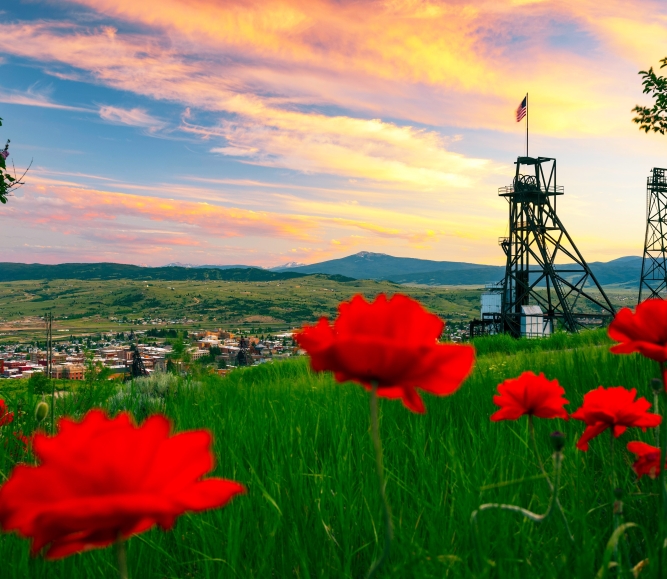San Juan County, N.M. Navigates Workforce Training and Industry Expansion


BRECC Partner, Community Builders, captured this coal community story in San Juan County, N.M. Read more here.
Many communities working to diversify their economies face a common dilemma: the “chicken and egg” challenge of workforce re-training. On one hand, it’s difficult to determine which industries the existing workforce should be re-trained to, but it is equally difficult to develop or attract a new industry if the workforce isn’t trained to fill those jobs. So, which should be addressed first, re-training or industry expansion? In San Juan County, New Mexico, key partners in economic development and education are coming together to answer: both.
Scenic, rugged, and rural, San Juan County forms the New Mexico corner of the famed Four Corners and occupies a land area larger than some U.S. states. Historically, the region’s economy has been largely supported by two power plants, a coal field, and natural gas extraction and production. The County has long been impacted by the ongoing boom and bust of gas prices, and now faces significant closures of coal mining and power generation. San Juan Generating Station, previously New Mexico’s single largest carbon emitter, closed in 2022 and the Four Corners Power Plant, located just to the south on the Navajo Reservation, is slated for closure in 2031. When the estimated 600 remaining power plant and mine jobs are lost there is the added risk of losing the region’s skilled workforce that filled those high-paying jobs as they seek opportunities elsewhere. Continue reading here.
Read the full blog post, Four Corners Partners: Expanding Skills for an Expanding Economy, at www.communitybuilders.org.
Deputy County Manager, Steven Saavedra, presented on San Juan County's BRECC Economic Diversification Strategy at the BRECC Action Challenge Capstone in Washington, D.C. on February 9, 2024. Read San Juan County's Economic Diversification Plan here.
Related News

Congress reintroduces bipartisan Railway Safety Act of 2026
This winter, lawmakers in the House and Senate reintroduced the bipartisan Railway Safety Act of 2026 (S. 3903, H.R. 7748) , building on prior efforts to strengthen federal rail safety standards following the high-profile 2023 Norfolk Southern derailment in Columbiana County, Ohio.

Treasury proposes new privacy act records system for SLFRF and other federal assistance program data
Treasury proposes new database for the American Rescue Plan Act’s (ARPA) State and Local Fiscal Recovery Funds (SLFRF).
Featured Initiative
Building Resilient Economies in Coal Communities
The Building Resilient Economies in Coal Communities initiative connected coal communities, supported local leaders and built capacity in under-resourced communities to advance new approaches and projects for economic diversification.

